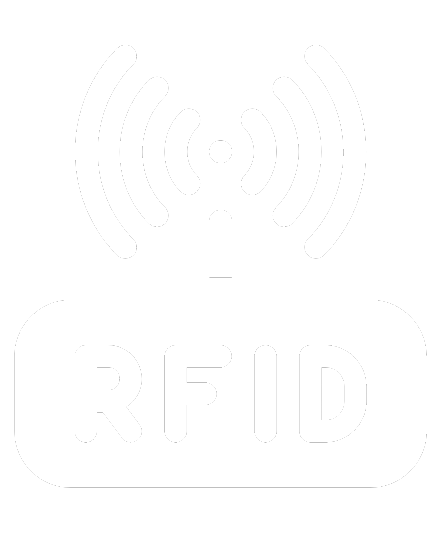
Food safety engineering has always been a focus of public concern. Due to the high profit margins in the wine industry, many criminals take risks to produce and sell counterfeit products. Reports of fake wine causing harm surface frequently. As the end of the wine supply chain is the consumer, it is essential for wine companies to implement effective customer and supply chain management, ensuring they are accountable for both product quality and consumer safety. For wine enterprises, this means establishing robust anti-counterfeiting measures for their products.
Currently, the anti-counterfeiting measures for wine products face significant challenges. On one hand, companies invest substantial resources in researching anti-counterfeiting technologies; on the other hand, counterfeiters quickly replicate these technologies. This imitation phenomenon frustrates wine companies, leaving them seemingly powerless. The wine industry urgently requires a high-tech, difficult-to-replicate, and genuinely effective anti-counterfeiting solution.


Each RFID tag corresponds to a single product and carries a unique ID code that cannot be duplicated.
RFID tags are non-paper-based, making them resistant to wear, pollution, and tearing. They also possess waterproof and anti-magnetic properties.
RFID tags come in read-only and read-write formats, offering large storage capacities.
The reader interface for RFID tags is not directly accessible to end consumers, ensuring the accuracy and confidentiality of the information contained in the tags.

RFID technology can read and process data for a large number of items simultaneously, enabling automated and highly efficient data management.
In early 2009, Wuliangye Group launched an RFID-based anti-counterfeiting project with a total investment of RMB 200 MM (approx. USD 27.5 MM). The project was successfully completed and delivered by November of the same year. This comprehensive RFID solution included over 20 million RFID anti-counterfeiting labels annually, 800 RFID query identifiers, and associated handheld devices deployed across retail stores. This significant investment highlights the confidence in RFID technology’s ability to safeguard Wuliangye’s high-end products.
In April 2009, Changyu Winery became the first domestic wine company to adopt RFID technology on a large scale in its production processes. This initiative aimed to prevent product diversion and eliminate counterfeit and substandard goods, positioning Changyu as an industry leader in anti-counterfeiting technology.

Your trusted partner for premium RFID solutions